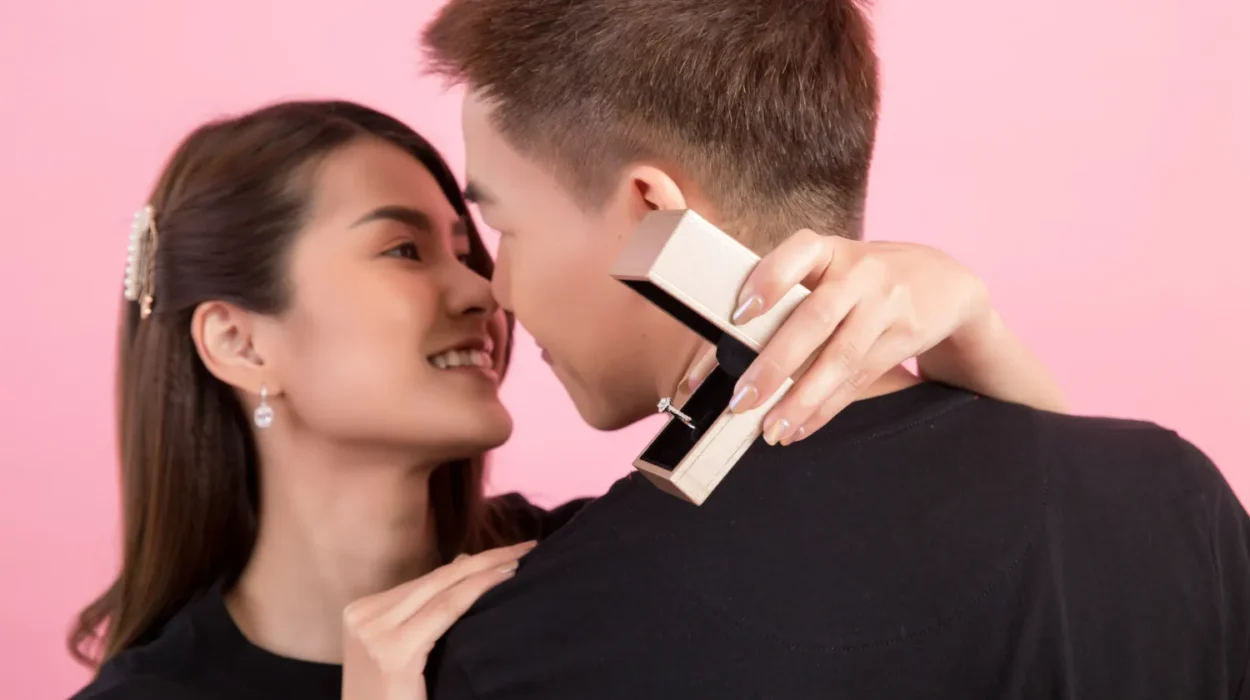50 Simple English Phrases With Example Sentences
Explore the 50 commonly used English phrases that native speakers often incorporate into their conversations. This comprehensive list is essential for enhancing your English proficiency. Familiarizing yourself with these expressions will elevate your English language skills significantly.
In today’s session, we’ll delve into the 50 most frequently used phrases in English. After going through this list, you’re likely to appreciate these expressions and find ways to incorporate them seamlessly into your spoken English.
Long time no see.
- It’s been a while since we last met.
- Hey Rahul! It’s been quite some time. How have you been?
- It’s been a while since we last met.
Don’t take it to heart.
- Please don’t be offended.
- Priyanka, you’re my friend, but I really don’t like those cookies. Please don’t take it to heart.
- Please don’t be offended.
Did I get you right?
- Am I understanding you correctly?
- I need to submit these files to the income tax office, did I get you right?
- Am I understanding you correctly?
It serves you right.
- You brought this upon yourself.
- Losing her job was the consequence of her actions; it serves her right.
- You brought this upon yourself.
What have you been up to?
- What have you been doing?
- Hey Ravi, it’s been three months since we last met. What have you been up to?
- What have you been doing?
You Rock!
- You’re amazing!
- Prity, you rock in that red dress!
- You’re amazing!
It’s not worth it.
- It’s not worth the effort.
- Forget him, it’s not worth it.
- It’s not worth the effort.
Text me.
- Send me a message.
- Text me once your performance is over in the evening, okay?
- Send me a message.
There is no room for doubt.
- There’s no doubt about it.
- They are completely made for each other; there’s no room for doubt.
- There’s no doubt about it.
How are you holding up?
- How are you doing?
- If I am asking you how are you holding up, all I want to ask is how are you doing?
- How are you doing?
Break a leg.
- Good luck!
- Break a leg, you’re gonna do well.
- Good luck!
Beat the dead horse.
- Stop wasting energy on a lost cause.
- Stop beating the dead horse; she’s not going to listen to you.
- Stop wasting energy on a lost cause.
Eat like a horse.
- She eats a lot.
- If she comes to the party, I am going to order extra food; she eats like a horse.
- She eats a lot.
Hold your horses.
- Wait a moment; don’t rush.
- Hold your horses, don’t rush to explain that to me again.
- Wait a moment; don’t rush.
From time to time.
- Sometimes, not very often.
- Her daughter visited there from time to time.
- Sometimes, not very often.
Piece of cake.
- Very easy.
- Clearing that exam was a piece of cake for me.
- Very easy.
Takes two to tango.
- It takes two or more persons to be involved in a situation.
- Divorce is rarely the fault of one person; it takes two to tango.
- It takes two or more persons to be involved in a situation.
Stabbed in the back.
- Betrayed your trust.
- I am never going to trust her again; she stabbed me in the back.
- Betrayed your trust.
This is a no-brainer.
- It’s very easy; no need to think too much about it.
- This question is a no-brainer; I’ll solve it in two minutes.
- It’s very easy; no need to think too much about it.
I screwed up.
- It’s my mistake.
- He offered me coffee, I said no, I screwed up.
- It’s my mistake.
Can you cover for me?
- Can you hide the evidence against my wrongdoing?
- I told her the password, and the information is out. Can you please cover for me?
- Can you hide the evidence against my wrongdoing?
I’d better be going.
- I should leave.
- I’m really late; she is waiting for me. I’d better be going.
- I should leave.
Come again.
- Repeat that again, please.
- Come again; I didn’t catch that.
- Repeat that again, please.
Nevermind.
- Don’t worry; I will take care of it myself.
- It’s okay; I will ask somebody else. Nevermind.
- Don’t worry; I will take care of it myself.
How does that sound?
- What do you think of that idea?
- I am planning a vacation to America. How does that sound?
- What do you think of that idea?
That sounds great!
- I love that idea!
- That sounds great! Let’s do it.
- I love that idea!
What do you think?
- What is your opinion?
- What do you think? Should I hire him for the post?
- What is your opinion?
I’ll be with you in a moment.
- I’ll join you shortly.
- Give me a moment, and I’ll be with you.
- I’ll join you shortly.
Could you repeat that, please?
- Can you say that again?
- Could you repeat that, please?
- Can you say that again?
Couldn’t care less.
- I don’t care at all.
- Whatever the teacher says about my parents, I couldn’t care less.
- I don’t care at all.
You sold me.
- You convinced me.
- With those amazing pictures, you completely sold me on the idea of spending a vacation in Jammu and Kashmir.
- You convinced me.
Step up your game.
- Work harder; improve your performance.
- You need to step up your game to achieve your goal.
- Work harder; improve your performance.
Pull yourself together.
- Control your emotions.
- Pull yourself together; it’s time to move on after the breakup.
- Control your emotions.
That’s lit.
- That’s amazing.
- The concert was lit; everyone had a great time.
- That’s amazing.
Keep up the good work.
- Continue doing well.
- Keep up the good work, Neha; management loves your ideas.
- Continue doing well.
Come on! You can do it.
- You’re capable; you can succeed.
- You can start your YouTube channel; come on! You can do it.
- You’re capable; you can succeed.
You’ve got to be kidding me.
- I can’t believe what you just said.
- You know, with a score of 56 out of 100, she topped the class. You’ve got to be kidding me.
- I can’t believe what you just said.
Lucky you.
- You’re fortunate.
- Lucky you, marrying the hottest girl in the batch.
- You’re fortunate.
Can’t complain.
- I’m content with how things are going.
- How are things going in business? Can’t complain.
- I’m content with how things are going.
That’s a good one.
- That’s a clever idea.
- I looked at your dress hanging in the showcase of your shop, and I must say, that’s a good one.
- That’s a clever idea.
Freaked out.
- Became upset or confused suddenly.
- She freaked out when she saw him at the station.
- Became upset or confused suddenly.
Cheer up.
- Smile and forget about your worries.
- Cheer up; getting 60% marks is not bad for this exam.
- Smile and forget about your worries.
Fingers crossed.
- Wishing for good luck.
- I hope India wins the World Cup this time; I am keeping my fingers crossed.
- Wishing for good luck.
Didn’t catch your name.
- Polite way of asking for someone’s name again.
- Sorry, I didn’t catch your name. Could you please repeat that for me?
- Polite way of asking for someone’s name again.
Things happen.
- Don’t be upset; it’s a part of life.
- Please don’t be upset about your breakup; things happen.
- Don’t be upset; it’s a part of life.
Thank you anyway.
- Expressing gratitude even if the help wasn’t provided.
- It’s okay; you couldn’t do what I asked, but thank you anyway.
- Expressing gratitude even if the help wasn’t provided.
Thank you in advance.
- Thanking someone before they provide assistance.
- Hey bro, thank you in advance for your help and suggestions.
- Thanking someone before they provide assistance.
Sorry to bother you.
- Apologizing for interrupting or asking for help.
- Sorry to bother you; could you please check my details entered into the computer?
- Apologizing for interrupting or asking for help.
Good for you.
- Congratulating someone for their good fortune.
- You got the subject of your choice, good for you.
- Congratulating someone for their good fortune.
That explains it.
- Understanding something better due to new information.
- I just found out she got promoted to the Managing position, which explains her happiness throughout the day.
- Understanding something better due to new information.



